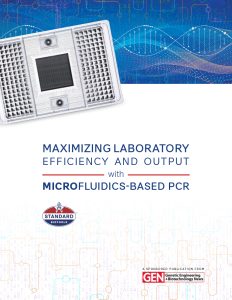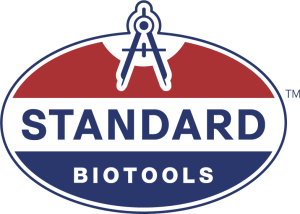Modifications and adaptations continue to improve how we use PCR, spurring a new level of creativity in genomics hypotheses and enabling a broad versatility in applications. PCR has the speed, sensitivity and reliability to assume an ever-expanding role in a wide range of basic, translational and clinical research approaches. Employing tools like microfluidics has further simplified and accelerated genomic analysis using PCR, with the ability to run thousands of reactions in one chip.
For biobanking endeavors, this empowers a rapid and confident test for sample identification, quality control and assessment. It is a universally recognized priority to ensure accurate sample tracking and quality acquisition, typically done using DNA fingerprinting. This methodology can extend from high-throughput genomics centers to biorepositories or centralized cell line banks.
In pharmacogenomics (PGx), the study of how genes affect individual response to drugs, tools capable of quickly and easily investigating the relationship between a specific gene profile and a novel drug can improve efficacy and shorten the time to research insights. Advances to real-time PCR using microfluidics technology facilitate PGx studies with a single high-throughput workflow that consolidates multiple assays into one experiment, without the need for multiplexing.
Tumor gene expression has proven to be an effective measure of immune response in cancer progression and therapeutic response research. As emerging therapies reveal new biomarkers and expand the need for samples, the costs and labor required to complete this important work increase, necessitating sensitive and cost-effective toolsets for identifying gene expression signatures from immune and cancer cells.
In this eBook, we examine challenges and solutions in PCR and real-time PCR assay design and highlight the expanding use of microfluidics-based PCR.
Sponsored by:


